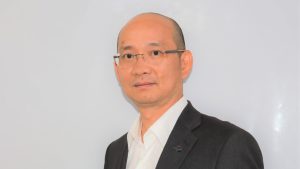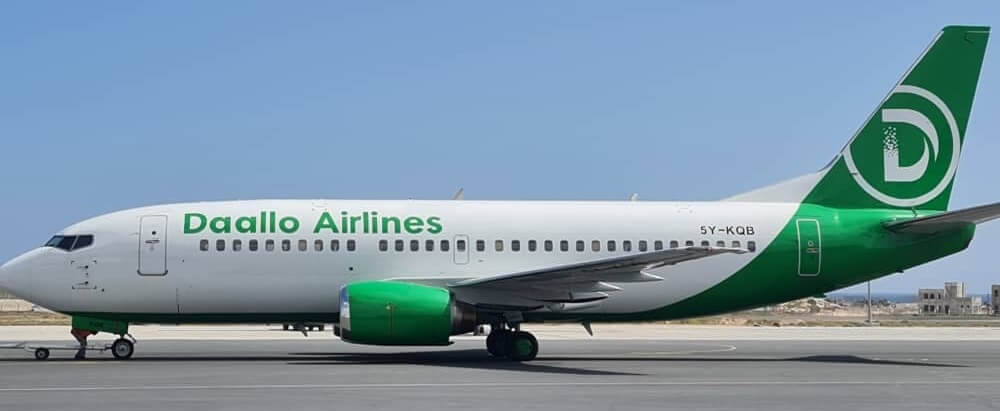
UAE-based DP World has been upgrading the port of Berbera on the coast of Somaliland, a breakaway region that has been functioning as a de-facto sovereign state for the past 32 years, since winning a 30-year concession in 2016. Supachai Wattanaveerachai, DP World’s CEO for the Horn of Africa region, tells fDi about the port’s prospects and the current stand-off with Ethiopia.
Q: What specific opportunities do you see in operating in Berbera?
A: The port of Berbera is ideally positioned to serve Somaliland and the hinterland of the Horn of Africa region, especially Ethiopia, a landlocked country of almost 120 million people. The Ethiopian government has the ambition to diversify its port partners as they currently depend mainly on the Port of Djibouti, in its north-eastern neighbour Djibouti.
Our port in Berbera is approximately the same distance from Addis Ababa in Ethiopia as the Port of Djibouti, at around 900km. Berbera is also an excellent base for serving South Sudan, Yemen, Uganda and other countries in the region. With its 16-metre depth, the port can handle vessels with up to 18,000 twenty-foot equivalent units (TEU), enough for almost the largest container ships in the world’s oceans.
Q: How much are you planning to invest in the free zone adjacent to the port DP World is also developing? How many tenants have you signed up for the free zone so far?
A: Unlike other developers of economic zones, who can view them as a real estate play, we do not consider the investment in buildings as the criteria for success. We view our economic zones as an ecosystem consisting of hard and soft infrastructure required to create a competitive and conducive environment for investment and trade. It is this ecosystem that makes the environment attractive for potential investors.
We recently signed an agreement with a significant UAE-based food company that will develop a 300,000 square foot edible oil packing plant in the zone. We have another 10 companies already registered. What is more critical is that we have created an environment that makes investing in Somaliland both easy and attractive.
Q: Ethiopia was supposed to be a major partner in the development of the port, but this has not materialised. Is this hampering the port’s potential?
A: The development of the transit agreement is moving in the right direction. However, we are already handling humanitarian cargo for Ethiopia as well as all the Ethiopia export cargo that we can capture. In addition, the Berbera Economic zone will contribute to port volume and transit and tranship of cargo to Yemen, and the Somalian states of Puntland and South Somalia.
Q: Somaliland lacks international recognition as a sovereign state. What kind of legal and operational risks does this raise for DP World’s operations in Berbera?
A: We have been operational in Somaliland since 2017. Our major constraints when we arrived were concerns about security and, generally, the practicality of doing business. All these factors were considered in the very supportive business ecosystem we’ve designed with the support of the people and government of Somaliland.
This ecosystem also leverages the synergies with Jebel Ali Free Zone (Jafza), where on the one hand, companies can register their companies through the Jafza one-stop shop. On the other hand, Berbera Economic Zone companies can avail of the Jafza incubation centre services.
Fdiintelligence





